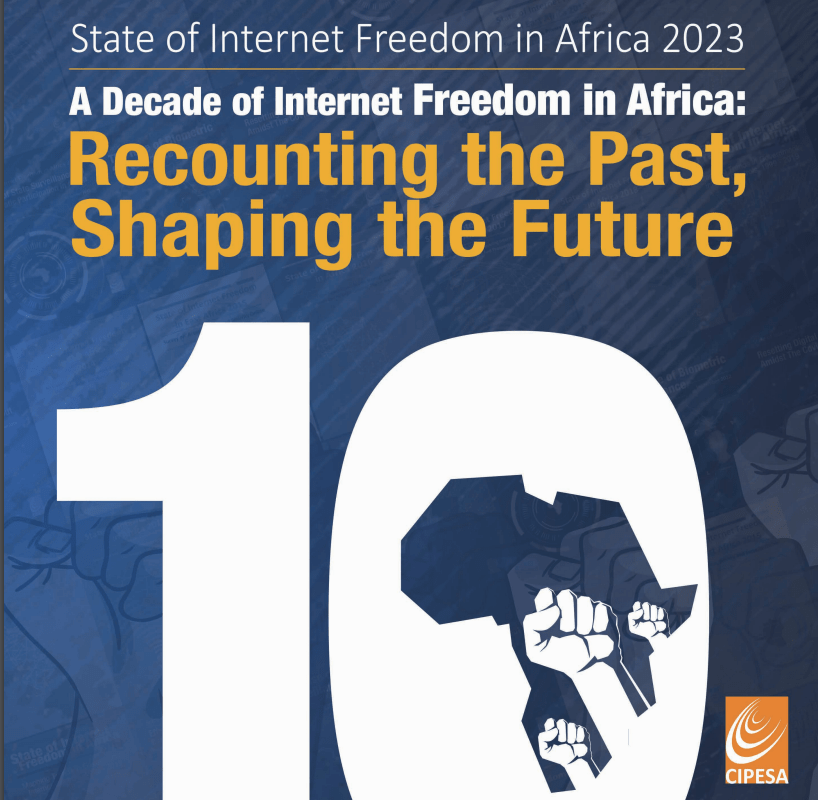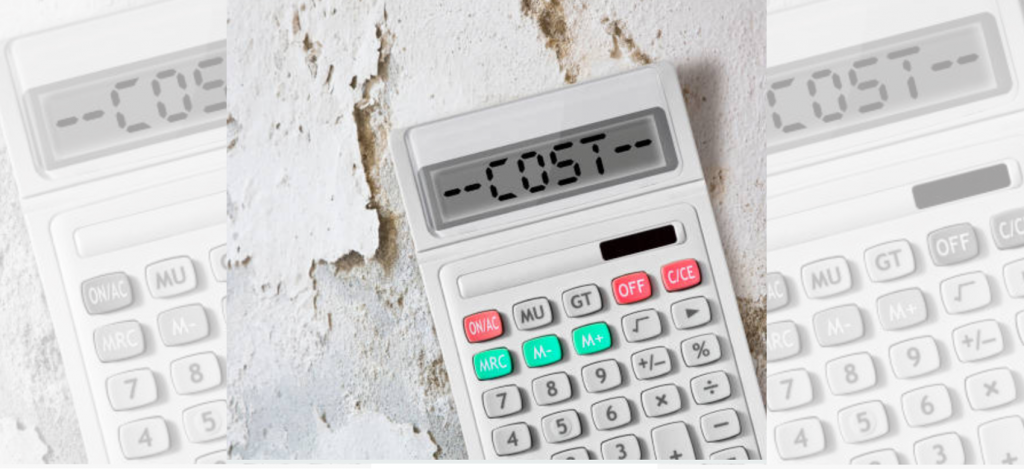By CIPESA Writer |
Internet disruptions continue to be registered across Africa, despite efforts by local and international actors to demonstrate to telecommunications regulators and governments that it is counterproductive to human rights, the economy and democracy to disrupt digital communication networks.
In 2021, up to 12 African countries experienced state-ordered internet disruptions. These included Burkina Faso (November), Chad (February), Republic of Congo (March), eSwatini (June), Ethiopia (various), Niger (February), Nigeria (June), Senegal (March), South Sudan (August), Sudan (June and October), Uganda (January), and Zambia (August).
As internet disruptions have become more prevalent on the continent, strategic litigation against governments that order themand intermediaries, such as telecom operators and internet service providers (ISPs), that effect them, has gained recognition as a push back tool. Strategic litigation can lead to significant legal precedents by publicly uncovering inequalities and highlighting human rights violations, raising awareness, and bringing about reforms in legislation, policy, and practice.
However, as this brief argues, there are several obstacles to the successful litigation of internet disruption cases, including weaknesses among groups and individuals that submit applications, and case backlogs that impede timely adjudication of cases. Indeed, few cases of strategic litigation on internet disruptions have succeeded. Cases in Cameroon, Chad, and Uganda have been dismissed. In Zimbabwe, while the court in 2019 declared that an internet shutdown ordered during protests that year was illegal, the case was decided on procedural grounds without addressing the litigants’ grounds, such as rights violations due to the shutdown.
A notable progressive decision was the June 2020 ruling by the court of justice of the Economic Community of West African States (ECOWAS), which held that an internet shutdown ordered by the Togolese government during protests in 2017 was unlawful and violated the applicant’s right to freedom of expression. The court also ordered the Togolese government to pay two million CFA francs (USD 3,400) compensation to the applicants for the violation of their rights.
Litigating against shutdowns in Sudan
Perhaps more than any other African country, Sudan has made legal precedents arising from litigation against disruptions. Of note too, is that Sudan is only perhaps rivalled by Ethiopia in the number of shutdowns it has experienced in the last three years. Since 2019, the north African country has experienced six internet disruptions.
Former president Omar al-Bashir’s regime initiated internet disruptions during public protests calling for his overthrow, but the government that succeeded him has been more prolific in utilising shutdowns in response to criticism and protests. The longest disruption was recorded in 2019 and lasted 37 days, during which the country lost an estimated USD 1.9 billion. Over 100 protesters were reportedly killed during the time the shutdown was initiated. The latest shutdown started on October 25, 2021 and lasted 25 days. It was instituted after the military declared a state of emergency in the country and seized control of the government. The shutdown was ended by a court order.
The 2019 and 2021 disruptions were both challenged in court. In June 2019, Sudanese lawyer Abdelazim Hassan lodged a lawsuit against the internet shutdown that had been instituted earlier that month. Within two weeks of filing the case, court on June 23 ordered his service provider, Zain, to restore his internet service, which the ISP promptly did. However, service was only restored for the litigant’s SIM card, with the block on access maintained for the rest of Zain’s customers. This was because Hassan had filed the case in a personal capacity as a Zain customer.
Hassan then launched a class action suit, and on July 9, 2019 the court ordered MTN, Sudani and Zain to restore services for all their customers. The telecom providers complied promptly. In September 2019, court ordered Sudani and MTN to apologise to customers for disrupting access to their networks at the behest of the military authorities in June of that year.
Another win for litigants against internet disruptions came on November 11, 2021, when the general court of Khartoum ordered ISPs to restore internet services to all subscribers in response to a lawsuit raised by the Sudanese Consumer Protection Organisation. On the same day, the Telecommunication and Post Regulatory Authority (TPRA) insisted on maintaining the shutdown despite the court order, citing “national security” and a “State of Emergency” as justification. The authority argued that it was necessary to maintain the shutdown as ordered by “the higher leadership”, provided the state of emergency and threats to national security persisted.
The TPRA decision declining to restore internet connectivity cited article 6(j) and article 7(1) and article 7(2)(a) of the law of TPRA of 2018. Article 6(j) provides that one of TPRA’s mandate is “protecting the national security and the higher interests of Sudan in the field of Telecommunication, Post and ICT”. Articles 7(1) and 7(2)(a) state that among the powers of the TPRA is to protect the state’s obligations and requirements in the field of national security and defence, and national, regional and international policies, in coordination with the competent authorities and licensees.
The judge dismissed that argument and issued an arrest warrant for the chief executive officers of the telecom companies for not restoring internet access. On November 18, 2021, the telecom companies restored internet access for all subscribers. The various restoration orders and arrest warrants bring to four the key decisions taken by courts in Sudan that held the regulator, ISPs and the government to account. Further, unlike the Togo case which was adjudicated in the aftermath of the disruption, in Sudan the court issued orders during the disruption and brought it to an end.
Lessons from Sudan’s experience
- Leaders of telecom companies can and should be held individually liable for actions of their companies. In Sudan’s case, an arrest warrant against leaders of telecom companies yielded compliance with a restoration order in spite of the telecom regulator’s directive to maintain the shutdown.
- Powers of telecom regulators, who often cite vague grounds of national security in ordering disruptions, can be challenged in court even if the regulators cite the law in ordering an internet disruption.
- It is essential for courts of law to adjudicate swiftly on internet shutdown cases. In Sudan’s case, it took two weeks of filing a case for court to order restoration of service to the litigant. In another two weeks, the court had ordered service providers to restore services to all customers.
- Litigation’s target actions and actors need to be well-defined. Sudan has lessons on litigation that benefits individuals and others that benefit groups of users. Further, the targets of litigation action are varied, to include the regulator, a particular ISP or all ISPs, and other state bodies.
- Intermediaries have appeared helpless in the face of government orders and have acquiesced to government orders even when their lawfulness is questionable. Holding them liable for losses to customers, such as the order by the Sudanese court that they apologise to customers, could make them think twice before implementing shutdown directives.



